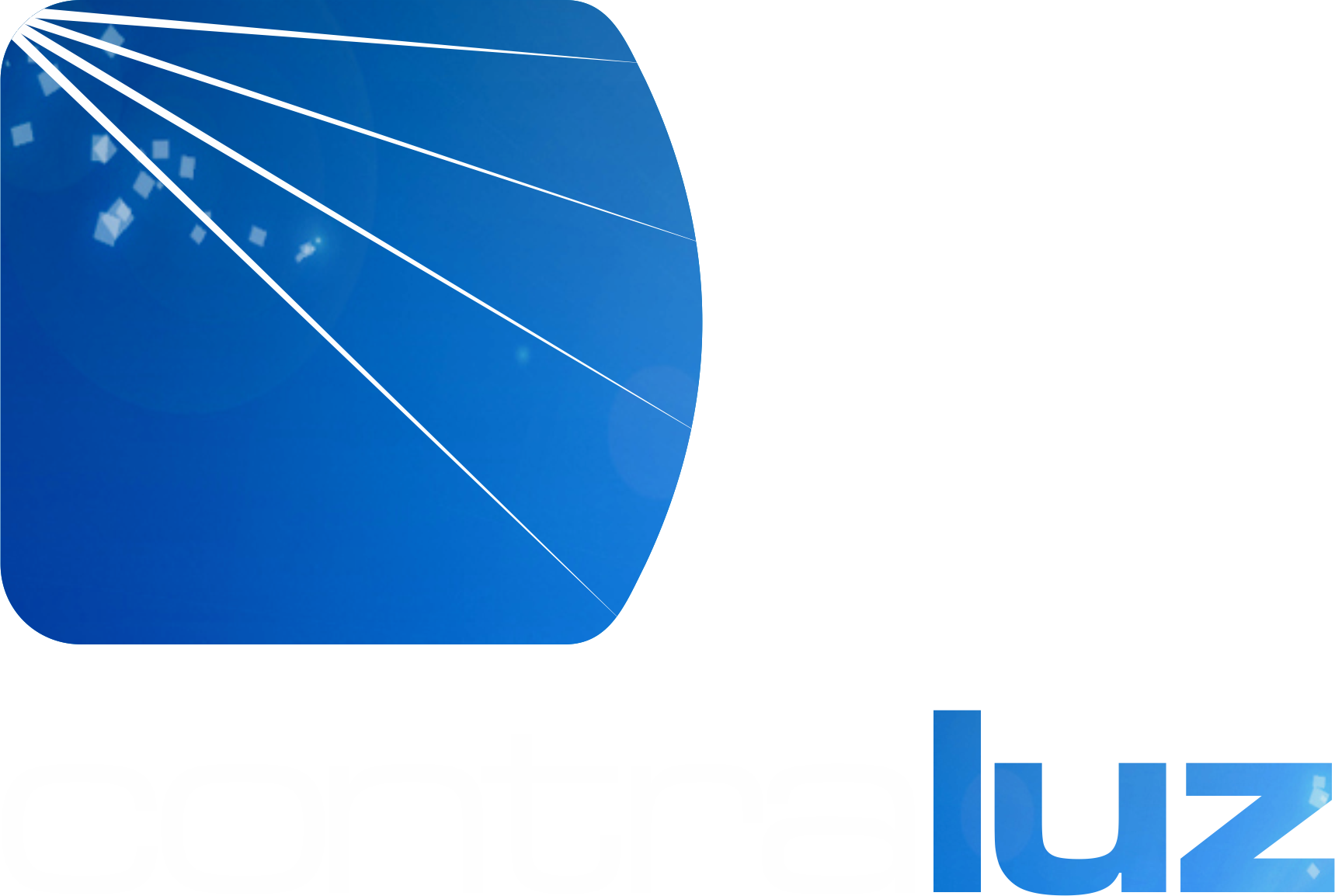The Increase of Student-Driven Encyclopedias: Transforming Discovering Landscapes
In the ever-evolving world of education, where info moves perfectly and accessibility to understanding is only a click away, student-driven encyclopedias are becoming a vibrant tool in the discovering process.

These platforms not just give pupils with a repository of information however also motivate them to contribute, modify, and curate web content, fostering a collective and interactive discovering atmosphere.
As academic standards shift in the direction of more participatory and inclusive models, the idea of student-driven encyclopedias embodies this makeover. These platforms equip pupils to become energetic participants in understanding creation, bridging the space between standard textbook knowing and modern electronic sources.
The Concept of Student-Driven Encyclopedias
Student-driven encyclopedias are digital systems where trainees jointly gather, verify, and disseminate info on a wide selection of topics. Unlike conventional encyclopedias, which are typically written by specialists, these platforms utilize the collaborative efforts of students to produce an extensive body of knowledge.

At their core, student-driven encyclopedias are developed to cultivate crucial reasoning, research study abilities, and electronic proficiency among pupils. By participating in the process of material creation, students find out to navigate and assess information seriously, skills that are necessary in today's information-rich culture.
In addition, these systems serve as an area for students to explore their interests and share their competence. This autonomous technique to understanding development makes certain that a varied range of perspectives and voices are represented, enriching the learning experience for all participants.
- Trainees get hands-on experience in research study and web content production.
- Urges collaboration and peer interaction.
- Promotes a deeper understanding of topic.
- Fosters inclusivity and variety in understanding representation.
Essentially, student-driven encyclopedias change students from easy recipients of information into active factors, instilling a feeling of possession and obligation in their educational journey.
Advantages of Student-Driven Encyclopedias
One of the principal advantages of student-driven encyclopedias is the growth of necessary 21st-century skills. As students participate in the process of material creation, they hone their critical thinking, electronic literacy, and interaction skills, every one of which are important in today's interconnected world.
In addition, these systems urge a joint understanding environment, where pupils can work together to verify info, argument different perspectives, and co-edit write-ups. This peer-to-peer communication not just enhances finding out outcomes but likewise fosters a ask and learn q&a feeling of community and mutual respect among students.
Furthermore, student-driven encyclopedias provide a platform for showcasing pupil job. As trainees add to the encyclopedia, they build a profile of their study and writing, which can be very useful for further academic and professional pursuits.
Challenges and Limitations

Regardless of the various benefits, student-driven encyclopedias additionally face certain challenges. Guaranteeing the accuracy and integrity of info is extremely important, as these systems rely upon payments from students that might not yet have expert-level expertise.
- Keeping material quality and accuracy.
- Supplying adequate guidance and guidance.
- Ensuring fair access and inclusivity.
To minimize these obstacles, numerous student-driven encyclopedias execute a system of checks and equilibriums, where material is evaluated by educators or experts before publication. This ensures that the info offered is both precise and trustworthy, promoting the integrity of the platform.
The Future of Student-Driven Encyclopedias
As innovation remains to development and the landscape of education evolves, the potential for student-driven encyclopedias is large. These platforms have the capacity to not only enhance typical educational resources however additionally redefine the way knowledge is obtained and shared.
In the future, we might see student-driven encyclopedias integrating advanced innovations such as expert system and artificial intelligence to enhance material curation and customization. Additionally, they may expand past textual information to include multimedia material, using a more immersive discovering experience.
Empowering the Next Generation
Student-driven encyclopedias hold the guarantee of empowering the next generation of learners. By placing trainees at the helm of knowledge production, these systems encourage long-lasting learning, interest, and intellectual freedom.
To conclude, as instructional systems remain to introduce, student-driven encyclopedias stand as a testimony to the power of cooperation and the significance of pupil agency in the understanding process. By embracing these systems, we open the doors to a more comprehensive, appealing, and dynamic instructional experience for all.
